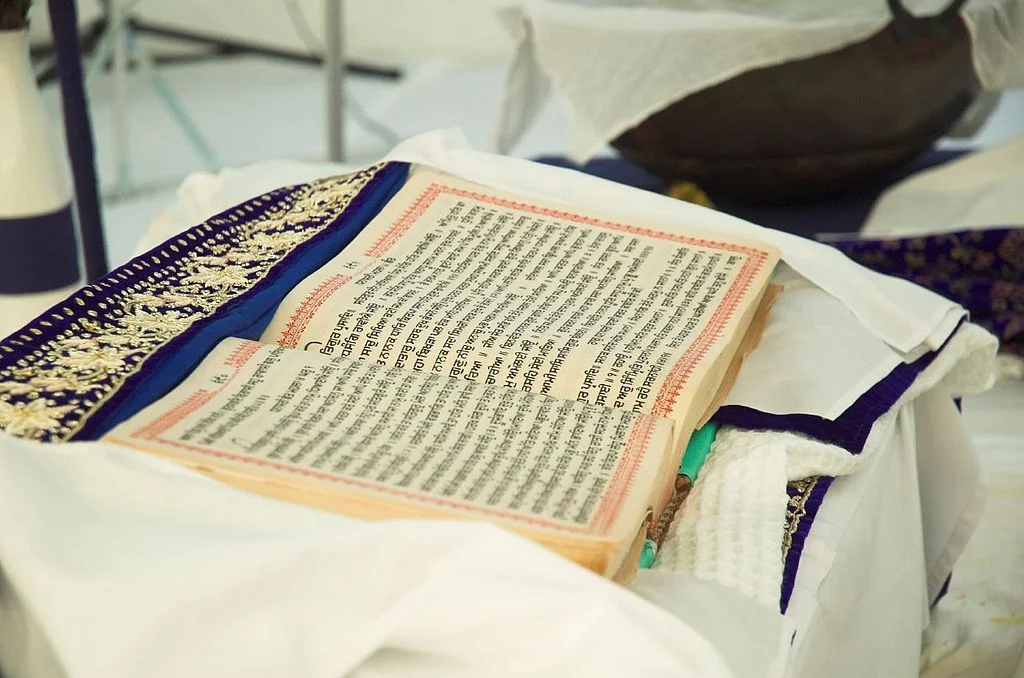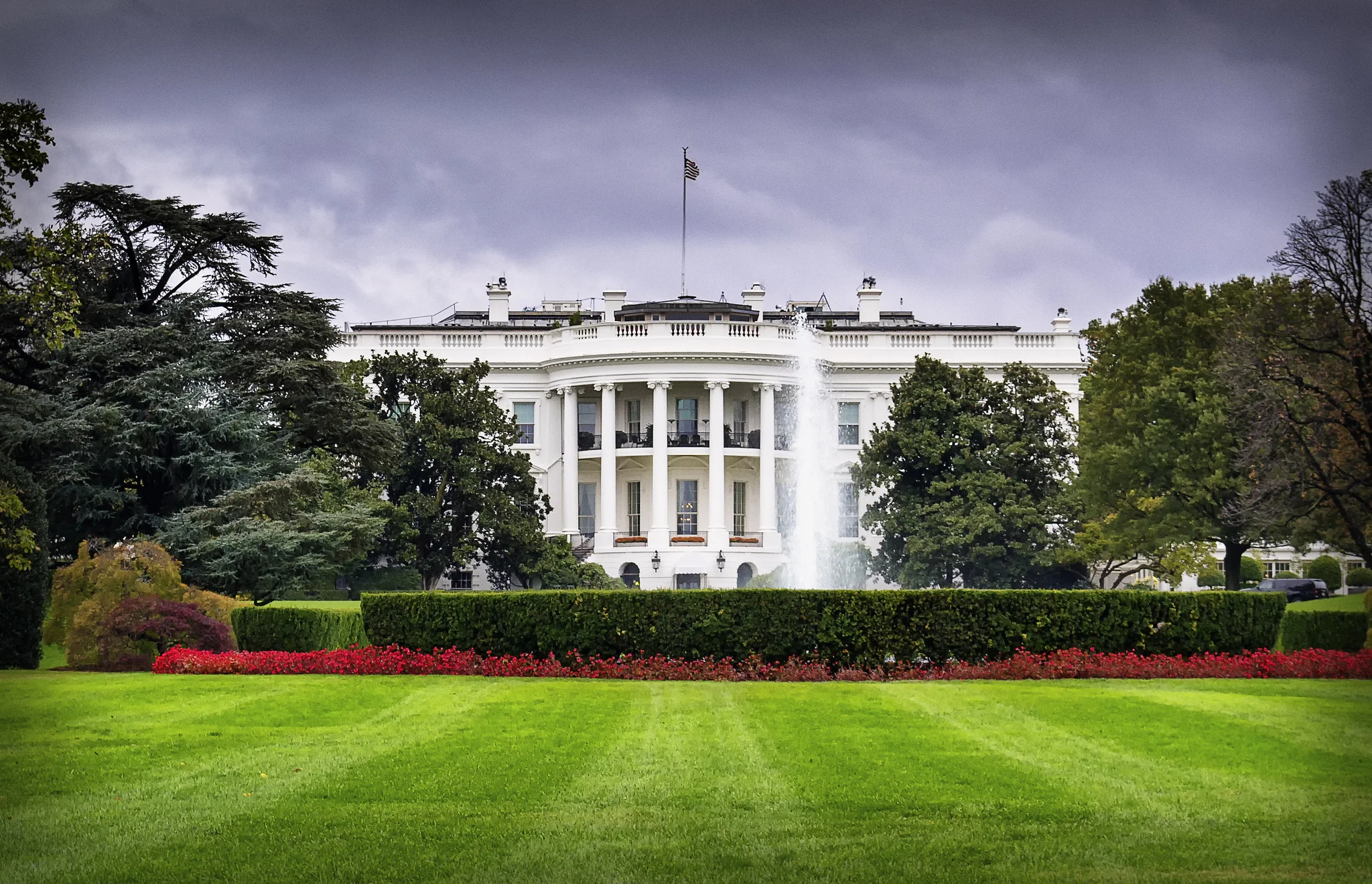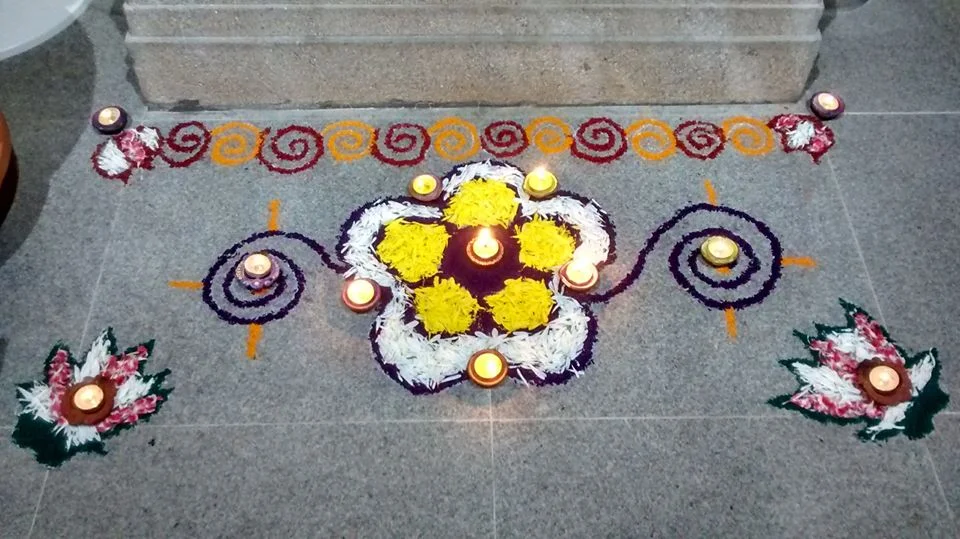by Shaikha Camille Adams Helminski
The Prophet Muhammad said, “Wisdom is like the truly faithful one’s stray camel; he (she) will recognize it when he (she) finds it.” Within the Way of Islam and the mystical path of Sufism, wisdom is received through the Qur’an (revelation of the “Book of God” conveyed through the heart of the Prophet Muhammad) and the example of how the Prophet, himself, lived, as well as through the “Book of Nature."

























